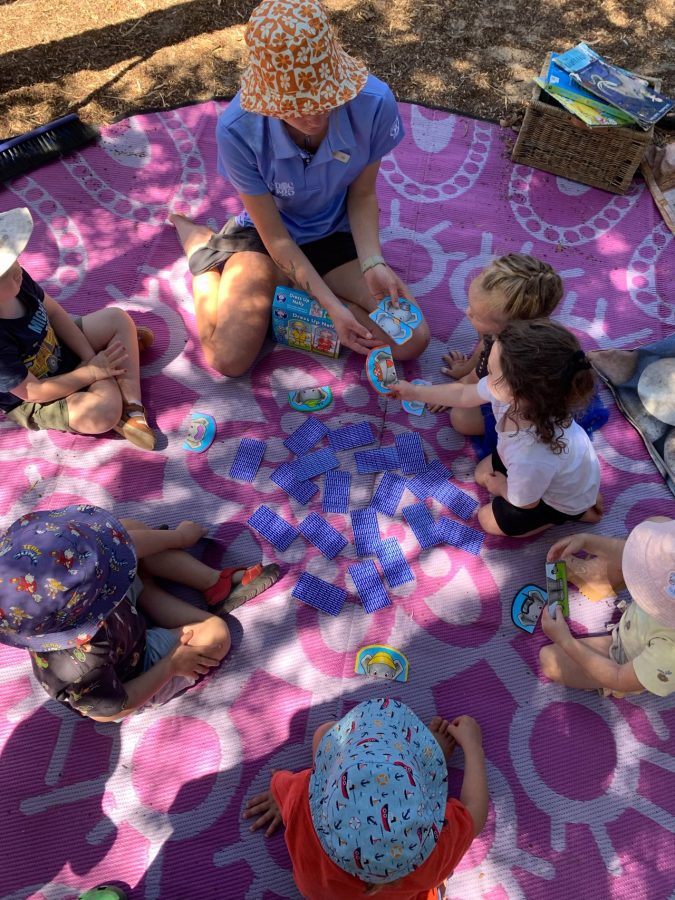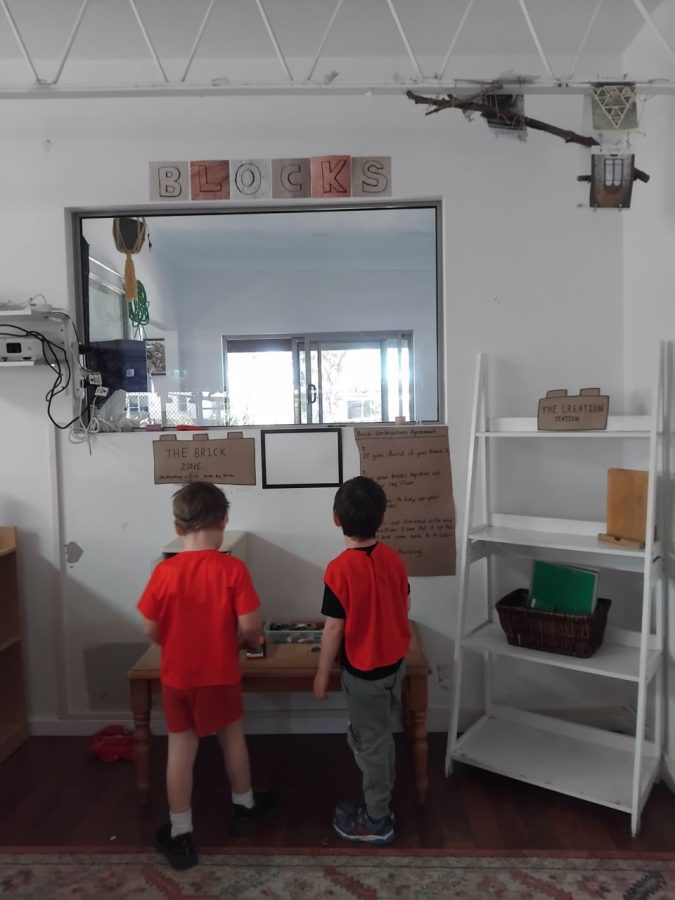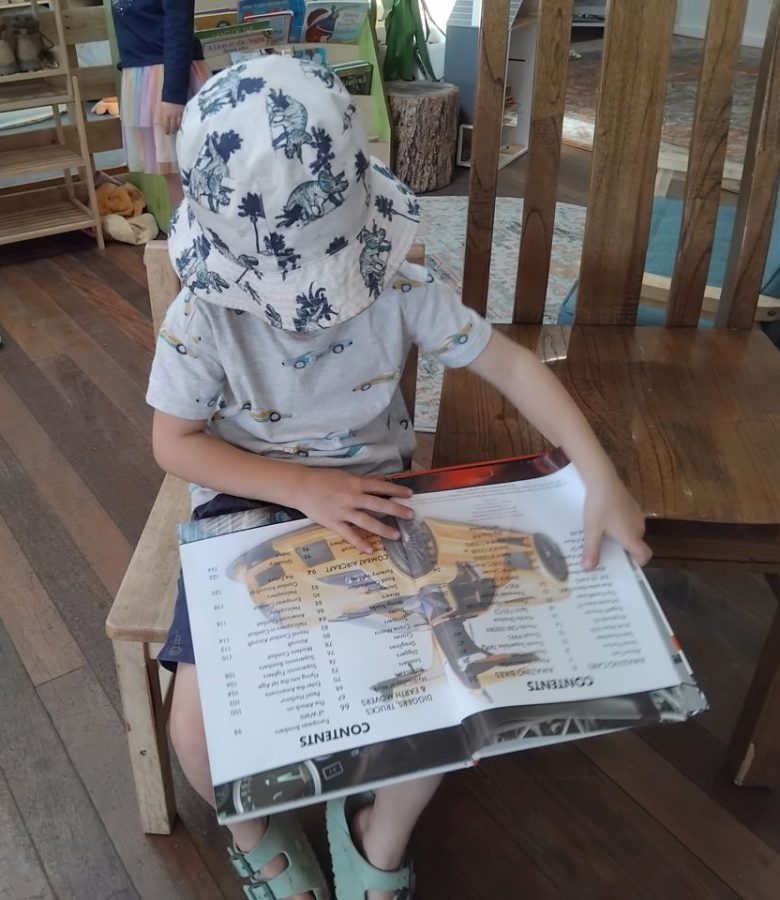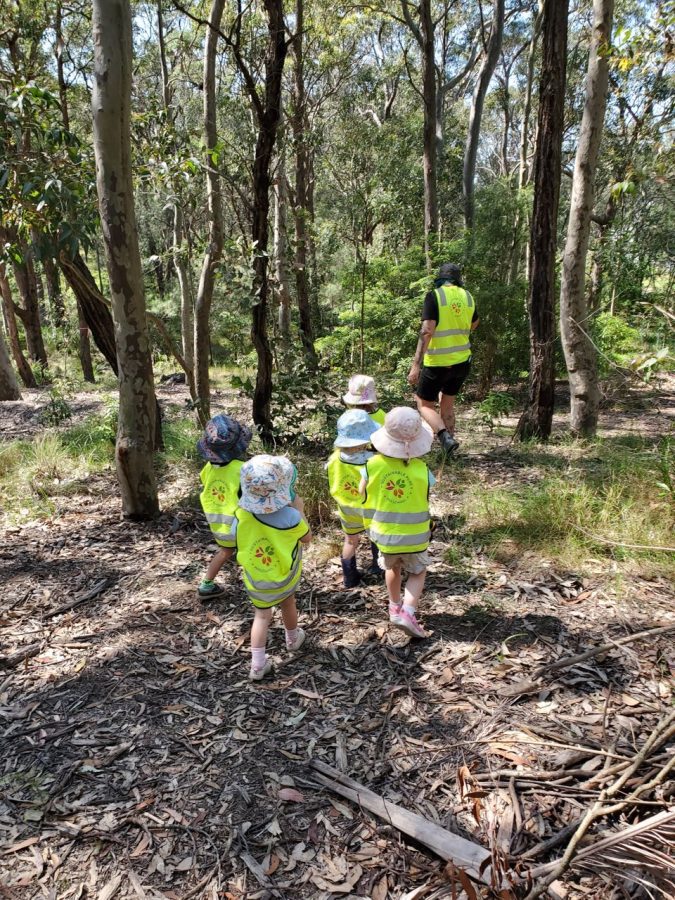
RIE Principle #7: Consistency
We adhere to the RIE (Resources for Infant Educarers®) perspective when it comes to providing care for children. This approach emphasises connection as key to empowering each child’s growth and development.
Our previous RIE posts detail the first 6 RIE principles of basic trust, environments, time for uninterrupted play, freedom to explore child-child interaction, child as active participant and sensitive observation of the child.
Today we are delving into the seventh and final principle,
“Consistency, clearly defined limits and expectations to develop discipline.” (Resources for Infant Educarers®)
For reference, the RIE perspective rests on 7 basic principles:
- Basic trust in the child to be an initiator, an explorer, and a self-learner
- An environment for the child that is physically safe, cognitively challenging, and emotionally nurturing.
- Time for uninterrupted play.
- Infant – Infant Interaction – freedom to explore and interact with other infants.
- Involvement of the child in all care activitiesto allow the child to become an active participant rather than a passive recipient.
- Sensitive observation of the child in order to understand his or her needs.
- Consistency, clearly defined limits and expectations to develop discipline.

Sustainable Play Approach
Our Educator Rosie shares a reflection on this principle:
“Children need structure and predictability as it brings about a sense of safety and security. Through regularity of structure and routines, children learn to anticipate what is expected of them and are therefore more likely to cooperate. It is easier to cope with major changes (like the loss of an educator, introduction of new one, educator absence) if the small routines of life like mealtimes, diapering and rest times, remain intact. You may occasionally eat at a different table or with a different educator, but you still eat. Being exposed to different circumstances we cannot anticipate or understand and in which we cannot actively participate, makes us feel helpless, like riding a perpetual merry-go-round.”
How do we do this in our busy setting?
Traffic light system:
- Green Light– things that a child is allowed to do, they are free to make choices within an appropriate environment.
- Yellow Light– things that can be negotiated.
- Red Light– things that are non negotiable or forbidden.
Establish a few simple, reasonable rules and make sure they are age appropriate. Expect these rules to be followed, be consistent and give choices within a secure framework. Remember that children need to be able to save face and avoid a power struggle.

How RIE describes ‘consistency’
Ruth Anne Hammond (RIE Associate) describes this principle of consistency on the RIE website:
“Parents and caregivers need to provide consistent expectations and limits for children in order for them to be able to know what to expect in their day and we offer them the security of being able to anticipate what is expected of them.
So even if a child needs to test, which of course they need to do because that’s in their genetic makeup; to try things out, we don’t want to shame them for their desire to try, but we just stop the behaviour. For instance if a child is very disappointed that there aren’t strawberries at lunch but only apples, they may decide they’re going to throw their milk on the ground in protest and we can sympathise with their sad feelings of not having strawberries, while at the same time stopping the behaviour in a firm but kind and calm manner.”

Magda Gerber, Founder of RIE
Magda Gerber writes about how ‘training develops self-control, character’, you can read more on the Magda Gerber Legacy website.
Magda Gerber states,
“We establish clearly defined limits and communicate our expectations to develop self-discipline.”
Children need to understand where they stand in life situations, therefore they require expectations. Structure, expectations and predictability add to responsibly raising children. In doing so, ensures that children feel rooted and secure.
This concludes our series on the RIE principles! We hope you enjoyed learning more about the seventh RIE principle and will try to engage with this principle of consistency more in how you care for your children.

Read more about the other RIE principles in our ‘RIE‘ blogs.

